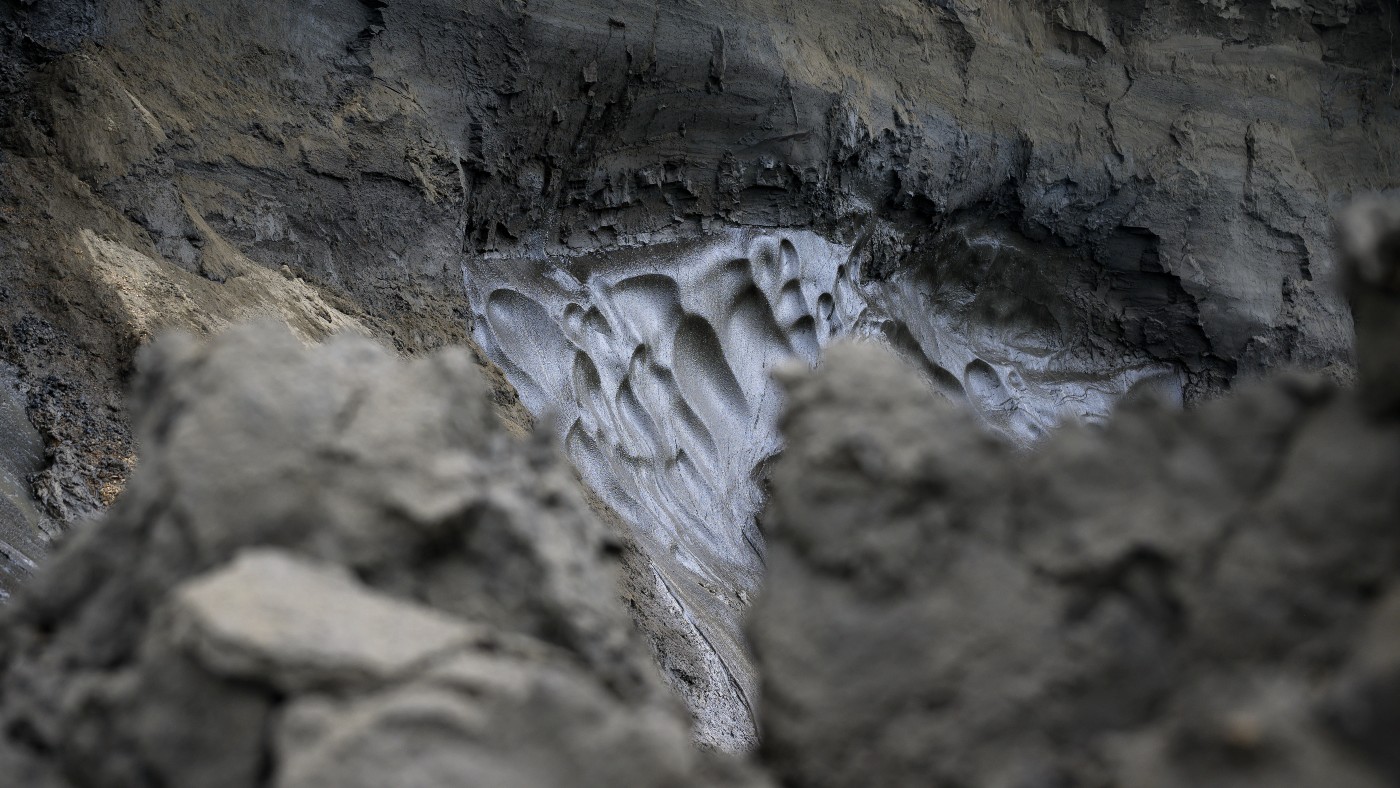46,000-year-old worm frozen in Siberia revived by scientists
The nematodes brought back to life show how cells and tissue could be stored in future

A free daily email with the biggest news stories of the day – and the best features from TheWeek.com
You are now subscribed
Your newsletter sign-up was successful
Scientists have resurrected a microscopic worm that lay dormant in Siberian permafrost for 46,000 years.
The tiny worms, identified as a nematode belonging to the newly classified species Panagrolaimus kolymaensis, were unearthed from a fossilised squirrel burrow extracted near the Kolyma River in the northeastern Arctic back in 2002, according to Live Science. Scientists managed to revive the frozen nematodes in 2018, but their age and species were initially unclear.
Now genetic sequencing has found they are an entirely new species of nematode worm, which has lain dormant in the permafrost since the last ice age.
The Week
Escape your echo chamber. Get the facts behind the news, plus analysis from multiple perspectives.

Sign up for The Week's Free Newsletters
From our morning news briefing to a weekly Good News Newsletter, get the best of The Week delivered directly to your inbox.
From our morning news briefing to a weekly Good News Newsletter, get the best of The Week delivered directly to your inbox.
The worms went to sleep in a radically different world to ours, said Tom Whipple in The Times – “the pyramids had not been built, nor the hanging gardens of Babylon sown, and our ancestors shared the planet with Neanderthals”.
They awoke some 46,000 years later to a world “where it would be transported in aircraft and have its genetic code stored on a computer, and where not only had the Neanderthals gone extinct, but so too, it appeared, had the worm’s own species”.
The nematode worms were slowly “thawed out and coaxed back to life” in a petri dish filled with a nutritious soup designed to encourage their growth, said The Telegraph’s Sarah Knapton. After a few weeks, the worms began to move and eat. They died only a few months later, but the scientists behind the research said the species had reproduced and are undergoing lab experiments.
Nematode worms are one of several creatures known to be able to survive harsh conditions by entering a hibernation-like state called cryptobiosis. Before this discovery, the longest known period for nematode worms in cryptobiosis was 25.5 years in the Arctic.
A free daily email with the biggest news stories of the day – and the best features from TheWeek.com
Teymuras Kurzchalia, of the Max Planck Institute of Molecular Cell Biology (MPI-CBG) in Dresden, Germany, which carried out the new research, said the findings are important for the understanding of evolutionary processes. He said that “generations times could be stretched from days to millennia, and long-term survival of individuals of species can lead to the refoundation of otherwise extinct lineages”.
Professor Kurzchalia said that scientists now have a “better understanding of how to achieve a state between life and death”. The research could help us to better store cells and tissues in the future, said the Daily Mail.
-
 Minnesota's legal system buckles under Trump's ICE surge
Minnesota's legal system buckles under Trump's ICE surgeIN THE SPOTLIGHT Mass arrests and chaotic administration have pushed Twin Cities courts to the brink as lawyers and judges alike struggle to keep pace with ICE’s activity
-
 Big-time money squabbles: the conflict over California’s proposed billionaire tax
Big-time money squabbles: the conflict over California’s proposed billionaire taxTalking Points Californians worth more than $1.1 billion would pay a one-time 5% tax
-
 ‘The West needs people’
‘The West needs people’Instant Opinion Opinion, comment and editorials of the day